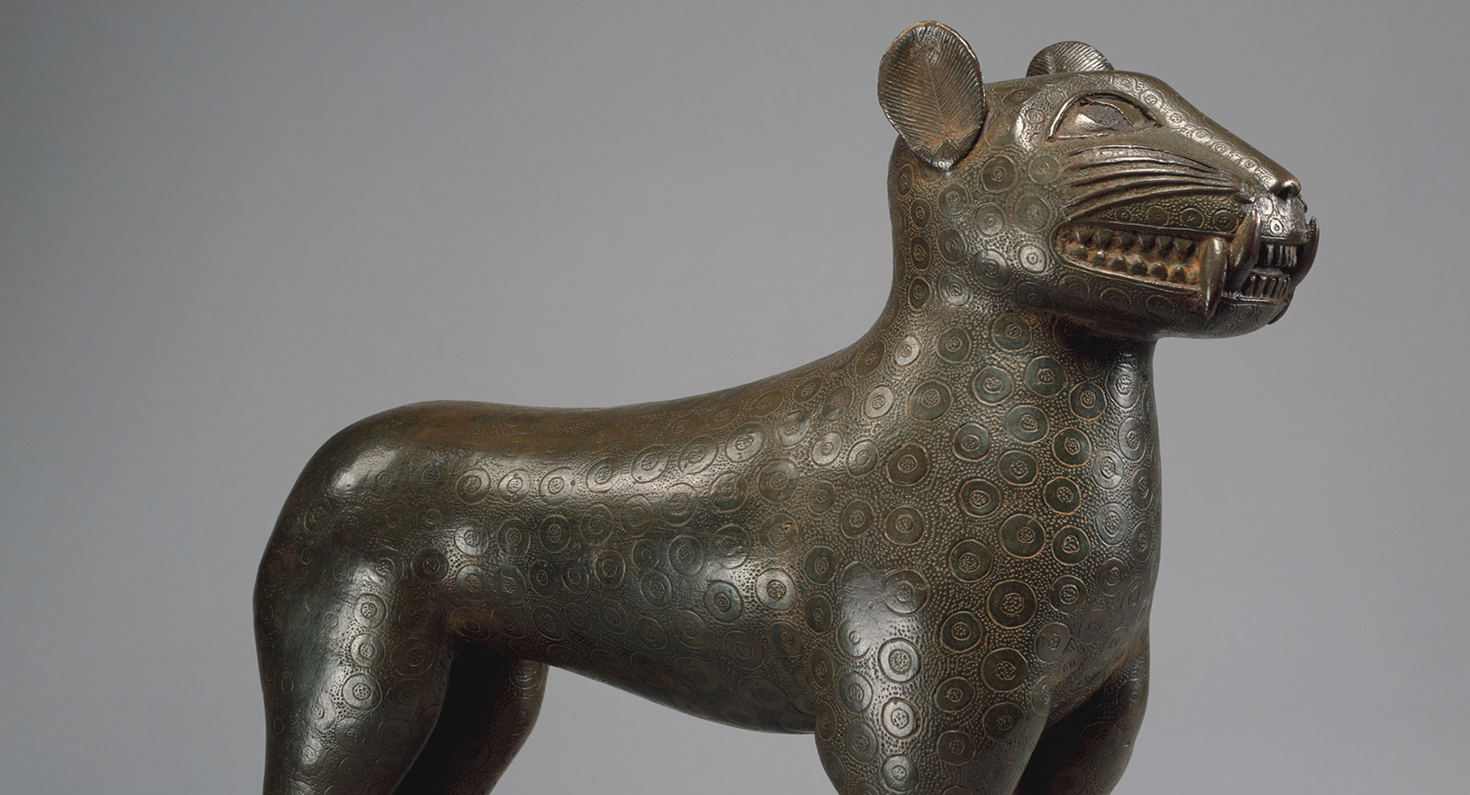
Leopard, c. 1550. The Metropolitan Museum of Art, The Michael C. Rockefeller Memorial Collection, Gift of Nelson A. Rockefeller, 1972.
• Remembering how Henry David Thoreau made his money and wove himself into the land he loved so much (and no, we’re not talking about his less than lucrative, if posthumously adored, writing career), even if friends like Emerson thought surveying was mere literary procrastination: “Henry T. occupies himself with the history of the river, measures it, weighs it, strains it through a colander to all eternity.” (Places Journal)
• This week in good headlines: “The Trashy, Expensive, Contradictory Reputation of Leopard Print.” (Racked)
• The New York Times is going back through the archives to memorialize the women they neglected to write obituaries for the first time around. (New York Times)
• The men who prevented Beatrix Potter from giving talks on mushrooms—and who inspired her to write a shade-filled, encrypted diary: “I fancy he may be something of a misogynist, vide the girls in the garden who are obliged to wear knickerbockers, but it is odious to a shy person to be snubbed as conceited, especially when the shy person happened to be right, and under the temptation of sauciness.” (JSTOR Daily)
• Looking back at Edward Hopper’s brief spell as a pulp-fiction illustrator “for stories like ‘The Sourdough Twins’ Last Clean-Up,’ ‘Snuffy and the Monster,’ and ‘A Fish Story About Love.’” (Literary Hub)
• The religious history of Wakanda: “Recorded in some sources as Wah’Kon’Tah, it was both a source and a destination: a place from which all goodness emerged and to which all aspired to journey. ‘According to their religious code,” a report called The Far West in the Nashville Tennessean noted in 1873, ‘there is a future state. It consists in a place of pleasure and repose, where the prudent in council, intrepid and courageous warriors, indefatigable hunters, and the kind man will obtain an eternal recompense.’ The name of this place? ‘Wak-an-da,’ the Tennessean wrote, ‘or the country of life.’ ” (Washington Post)